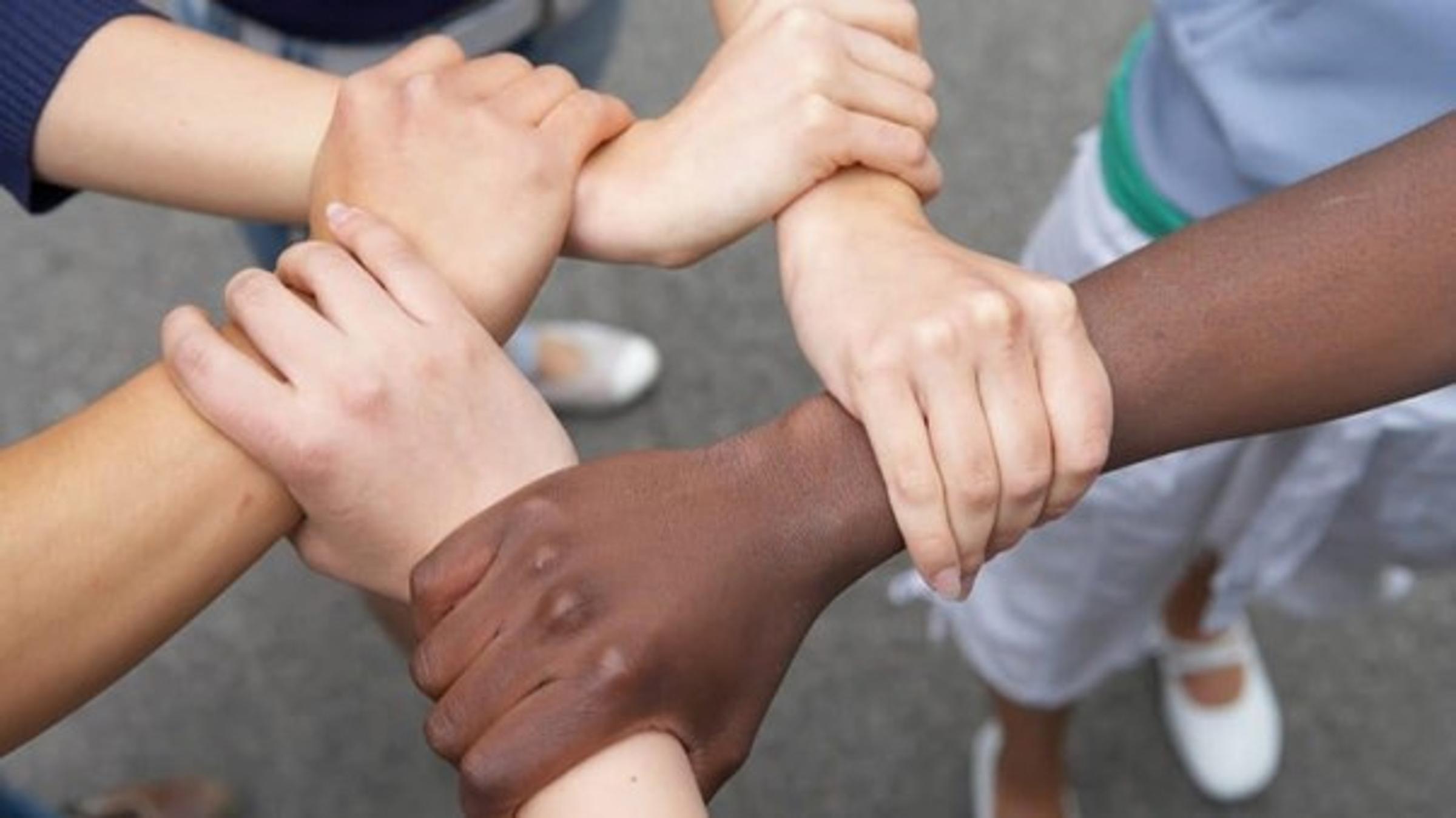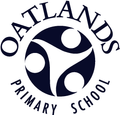Resilience, Rights and Respectful Relationships at Oatlands

What is Respectful Relationships?
Rosie Batty, CEO of the Luke Batty Foundation “the school community is an essential part of social reform by modelling a culture of respect through the whole school, not just by teaching respect in the classroom”.
In 2017, Respectful Relationships education began being taught as part of the Victorian curriculum. Teaching and Learning resources have been designed to help all schools to embed a culture of respect and equality within their community.
At Oatlands, we have been implementing the Respectful Relationships curriculum since 2020. Through the implementation of Respectful Relationships our students develop:
- problem-solving skills,
- empathy,
- inclusiveness
- resilience
- ways to support their own wellbeing and
- healthy relationships with others.
When children build positive relationships with their teachers and peers, they feel safer and happier at school, are more resilient and have positive social attitudes. Positive relationships also increase a child’s sense of social connectedness and belonging which can result in better health and academic outcomes.
These age-appropriate and evidence based materials are designed to enable teachers to develop student’s social and emotional capabilities to promote positive, healthy and respectful relationships. They curriculum provides age-appropriate activities for students that guide classroom discussion.
The classroom program will focus on 8 key areas:
- Emotional Literacy: This helps students develop the ability to be aware of, understand and use vocabulary about the emotional states of themselves and others with competence.
- Personal Strengths: Students develop a vocabulary to help them recognise and understand various strengths and positive qualities in themselves and others. They identify the strengths they admire in others and those they need to draw on to engage with the challenges and opportunities that life presents.
- Positive Coping: Students develop language around coping, critically reflect on their coping strategies and extend their repertoire of positive coping strategies.
- Problem-solving: Students learn a range of problem-solving techniques that can be applied when confronting personal, social and ethical dilemmas. They engage in applied learning tasks in which they apply their problem-solving skills to be realistic.
- Stress management: This teaches students to learn a range of problem-solving skills through applied learning tasks, so that they are better able to cope with challenges as they arise.
- Help-seeking: Help seeking is a coping strategy that involves seeking technical, instrumental, social or emotional support from other people.
- Gender and identity: These are age-appropriate learning activities that assist students to understand and critique the influence of gender norms on attitudes and behaviours.
- Positive gender relationships: This teaches students to build positive relationships between and within genders, and the importance of accepting difference and diversity.
If you would like any further information about the Respectful Relationships Curriculum, please visit the Department of Education and Training website.
